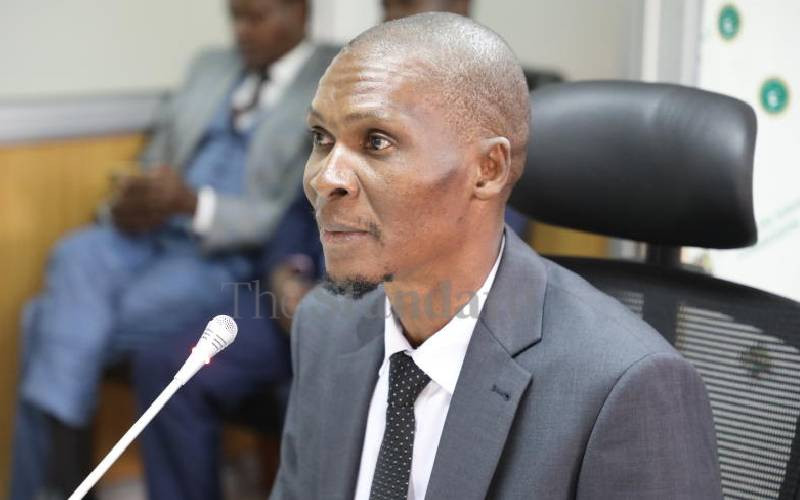×
The Standard e-Paper
Join Thousands Daily

The power to declare an accused person innocent and or guilty lies with the court, High Court has ruled.
High Court Judge Nixon Sifuna in a ruling on an application by an accused person, Josephat Kipkoech Sirma said it is not for the prosecutors to declare an accused person innocent.